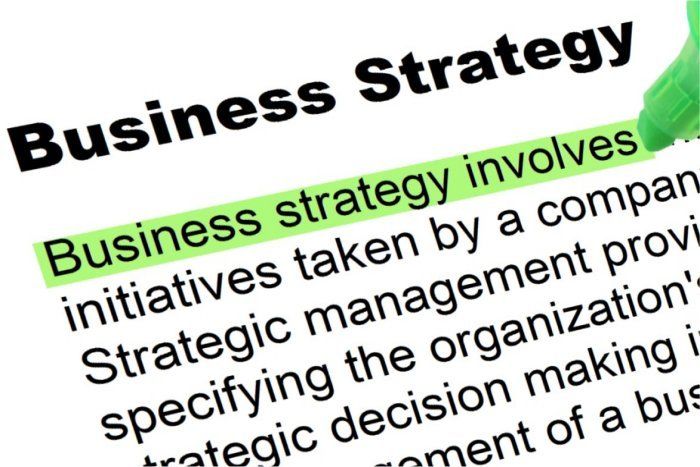One of the Biggest Mistakes a Company Can Make Is Failure to Include Technology as Part of its Overall Business Strategy
If there’s one thing that’s certain, it’s the fact that technology continues to improve every day and provides more than just an edge up over your competition. If you think about it, people who lived a century ago would look around and find this world unrecognizable. If you aren’t including technology in your business strategy, the world will soon be unrecognizable to you, too.
You’ll Work Harder
Technology can do a lot for your business. It can keep things organized. It can keep track of the number of hours your employees worked, and it can even finish payroll on its own. It can help you and your team better manage products, keep track of client information, and process online orders. If you think about it, failing to include technology in your business plan means you’ll end up working that much harder in the long run. The better the technology you choose to include, the more time you can spend where it counts – managing your company and your team.
You’ll Make More Mistakes
You are only human, and that means you’ll make mistakes. However, in some cases, a mistake can cost you a small fortune. For example, if your employee’s paycheck isn’t deposited on time because you entered the wrong numbers, you’re going to have an angry employee on your hands. What’s more, if you accidentally add an extra zero to a vendor invoice, that vendor won’t be happy with you. Not only will you have to repair your relationships with these people, but you’ll also have to spend some extra time resolving the mistakes. This is another reason why it’s a huge mistake to forego technology as part of your business strategy.
Your Clients and Customers Will Go Elsewhere
It’s not so much that people want technology; these days, they’ve come to expect it. If your company can’t keep up with the digital age, but your competitor can, your clients and customers will inevitably turn their backs and move forward. For example, if you have yet to launch a mobile app that allows your customers to buy products (or any action that suits your business) but all your competitors have, your customer base won’t wait long until they move on to the company that provides them with more convenience.
Your Strategy Might Fail
Typically, business owners and advisers create strategies that look three to five years into the future. This was always a standard way to assess the future needs of a company – until now. These days, both businesses and their clients or customers rely on technology for a variety of things, from completing transactions to completing orders and even contacting customer service. If you’re not considering the technologies used to do these things and you’re still planning a strategy for three to five years in advance, you’re not doing your company any favors. Meet with your IT team, talk about the technologies that are available, and find out where you want to be in a year given that information.
Failing to include technology in your business strategy can ultimately be the demise of your company. People want and expect technology, and it’s necessary for making your company run as smoothly as possible. Each time you think about your goals, make sure you’re thinking about the impacts of technology, too.



